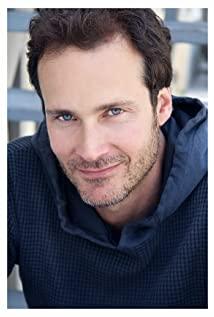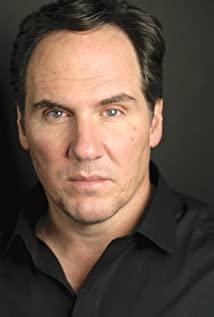"X-Men: First Class" tells the story of young Professor X Charles and Magneto Eric who are like-minded friends. They first discovered their superpowers and worked in the CIA along with several other mutants. Shaw, the Nazi warmonger who triggered Eric's superpowers, has been trying to provoke a nuclear war, while trying to provoke conflicts between the United States and the Soviet Union. Eric and Charles have been fighting Shaw's mutants in an effort to stop Shaw's conspiracy. Shaw encourages the Soviet Union to trigger the Cuban Missile Crisis. Charles and Eric learn the news and start a showdown with Shaw's mutants in the Gulf. In the end, Shaw was eliminated by Charles and Eric together. However, in the process, Eric was gradually influenced by Shaw's political views, and a rift with Charles occurred. Through this battle in the Gulf, Eric and Charles finally broke up. One party became Professor X who supported the peaceful coexistence of humans and mutants; the other party insisted on the idea of destroying humans in exchange for the rise of mutants, calling himself Magneto.
The show explores love, justice, betrayal, and survival. At the same time, it also satirizes the wrong thinking of human beings: all those who are different from human beings and may be dangerous to human beings must be killed. Criticism of this idea is also mentioned in the book "Silent Spring".
In general, this movie is not like other movies, which is about a group of heroes saving the world, but reflects the human mind from the events, which is thought-provoking.
View more about X-Men: First Class reviews











